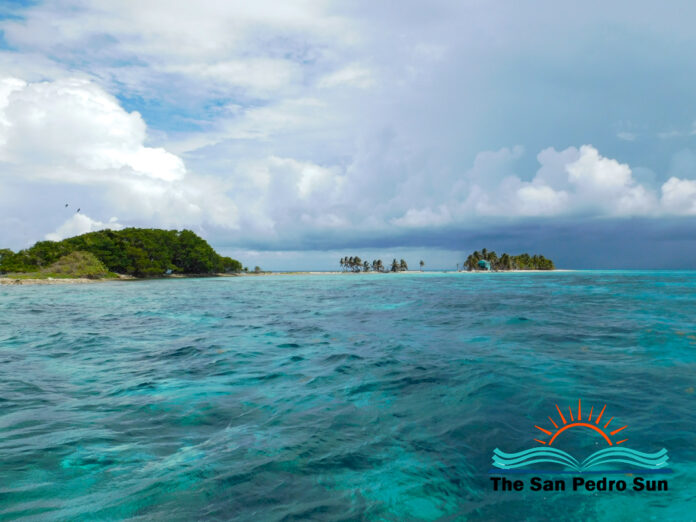The issue of climate change continues to affect ecosystems worldwide, and in Belize, it has been threatening the Belize Barrier Reef. Rising water temperatures have caused severe bleaching across the reef system near San Pedro, Ambergris Caye, and at sites in southern Belize, including Laughing Bird Caye, resulting in significant coral loss. Due to the severity of coral bleaching, environmental groups such as Fragments of Hope (FOH) are intensifying efforts to monitor coral resilience alongside their ongoing out-planting programs. FOH typically conducts out-planting outside of hurricane season and looks forward to continuing this vital campaign in December of this year. The Belize-based non-profit organization focuses on restoring coral reef habitats. It has been recognized for its remarkable work at Laughing Bird Caye and in other parts of the country, including Caye Caulker and Ambergris Caye. However, their efforts have faced challenges due to record-breaking water temperatures that have occurred worldwide.

Natasha Gibson of FOH stated they suffered devastating losses in 2024. “We have lost a tremendous number of corals around Laughing Bird Caye,” she said. According to Gibson, climate-driven bleaching has severely set back their progress. She noted that if reefs die faster than they can be restored, it could severely impact coastal resiliency and the tourism industry.
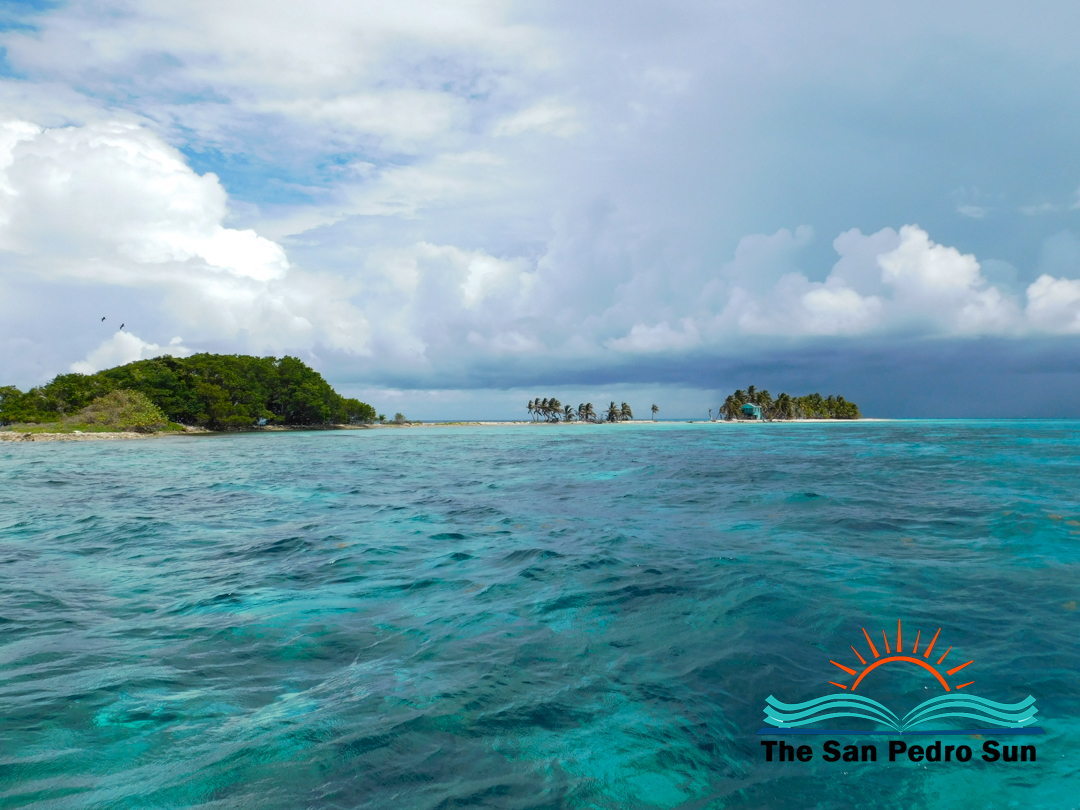
Gibson explained that with widespread coral bleaching occurring, the future of restoration is uncertain. “We try to focus more on the bleaching because it’s more than we’ve been seeing, and it feels hopeless to even try and plant any corals,” she stated. In the meantime, she said FOH is focused on collecting data on the changes that have occurred over the past three to four years.
Resilient Coral Species
Some species, such as staghorn corals, have shown resilience to climate change. FOH has helped distribute this species in areas like Caye Caulker and Ambergris Caye. FOH founder Lisa Carne said that while many corals planted in southern Belize have succumbed to heat stress and diseases such as stony coral tissue loss disease, the staghorn corals transplanted to the Cayes have shown promising results. Some were out-planted in the Caye Caulker Marine Reserve and the Hol Chan Marine Reserve off Ambergris Caye.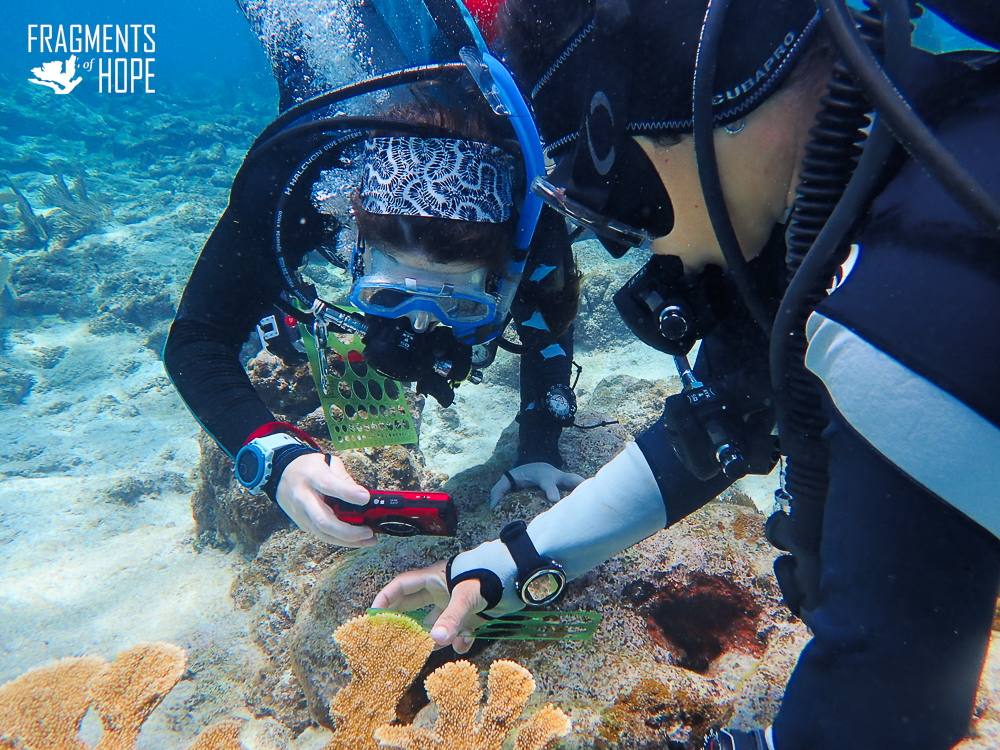
According to scientists, bleaching starves corals, as heat stress disrupts the symbiosis between the coral animal and the photosynthetic zooxanthellae that live in its tissues. As a result, the zooxanthellae vacate, leaving the coral ghastly white and without a food source. The only way corals can recover from bleaching is if heat stress decreases and the zooxanthellae return.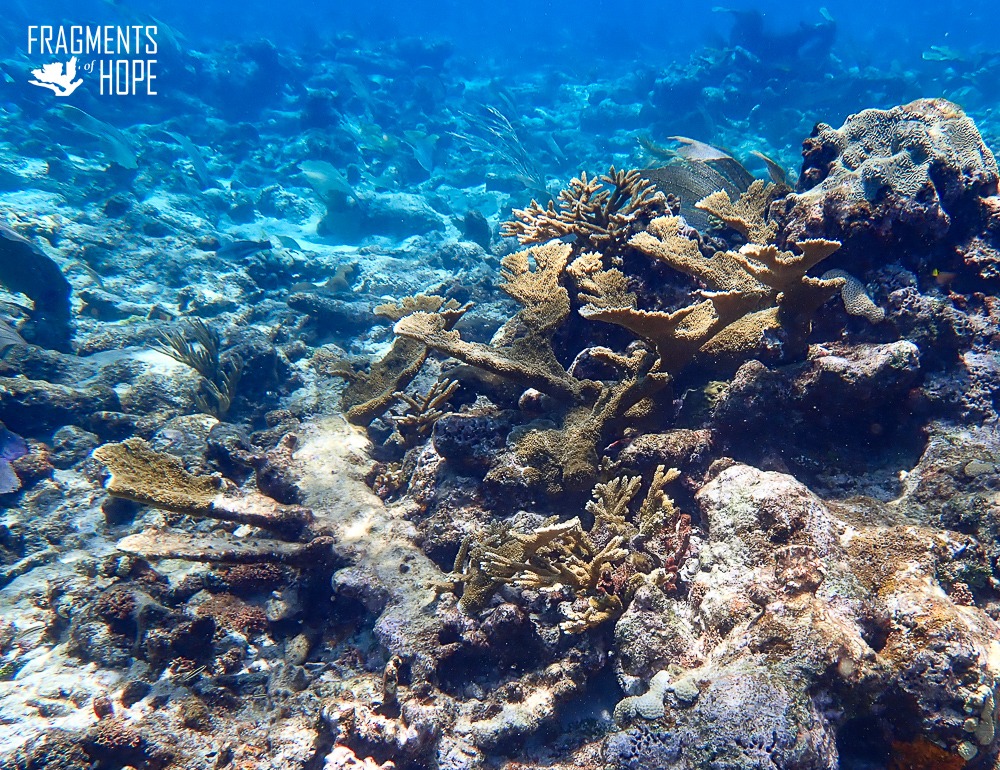
The threat to Belize’s reefs is not a new phenomenon. Since 2023, like reefs around the world, this fragile ecosystem has experienced extreme temperatures associated with the fourth global coral bleaching event, which continues to this day. The 2024 Mesoamerican Reef Report Card rated the overall health of the reef system as poor. Its Reef Health Index gave the reef an average score of 2.5 out of 5, based on surveys at 110 sites. The report also noted a continued decline in Belize’s overall live coral cover.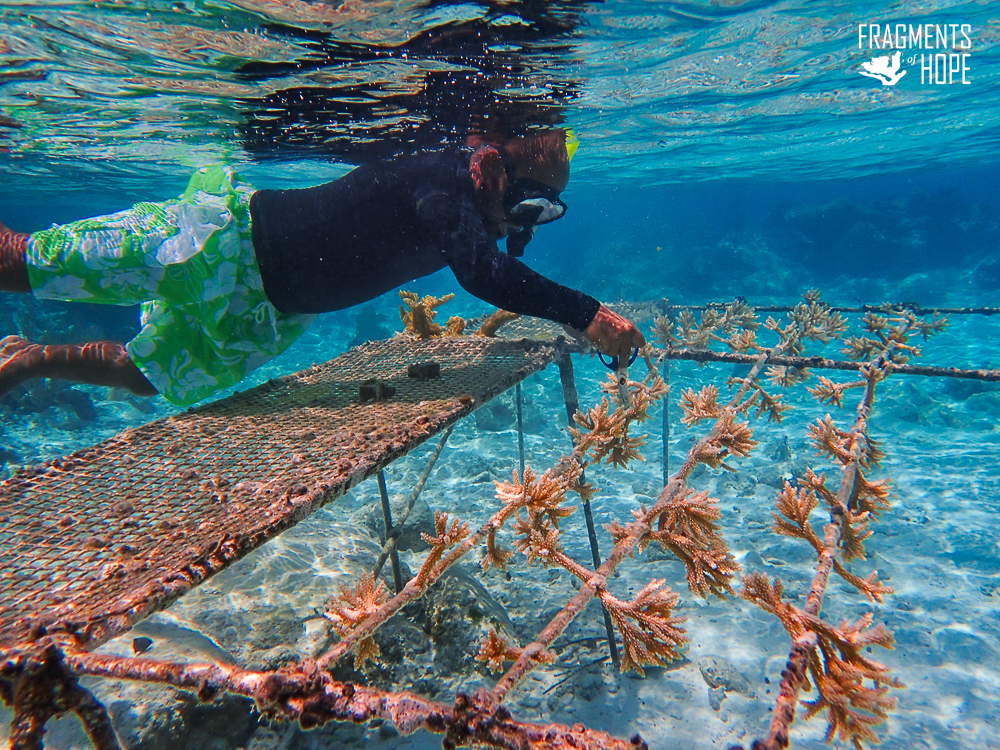
Unfortunately, the World Meteorological Organization has warned that heat stress on the world’s oceans is not expected to ease over the next five years. As such, organizations like FOH will continue to monitor the situation and conduct their out-planting programs in areas more suitable for long-term coral survival, in hopes of safeguarding the future of Belize’s reefs.

